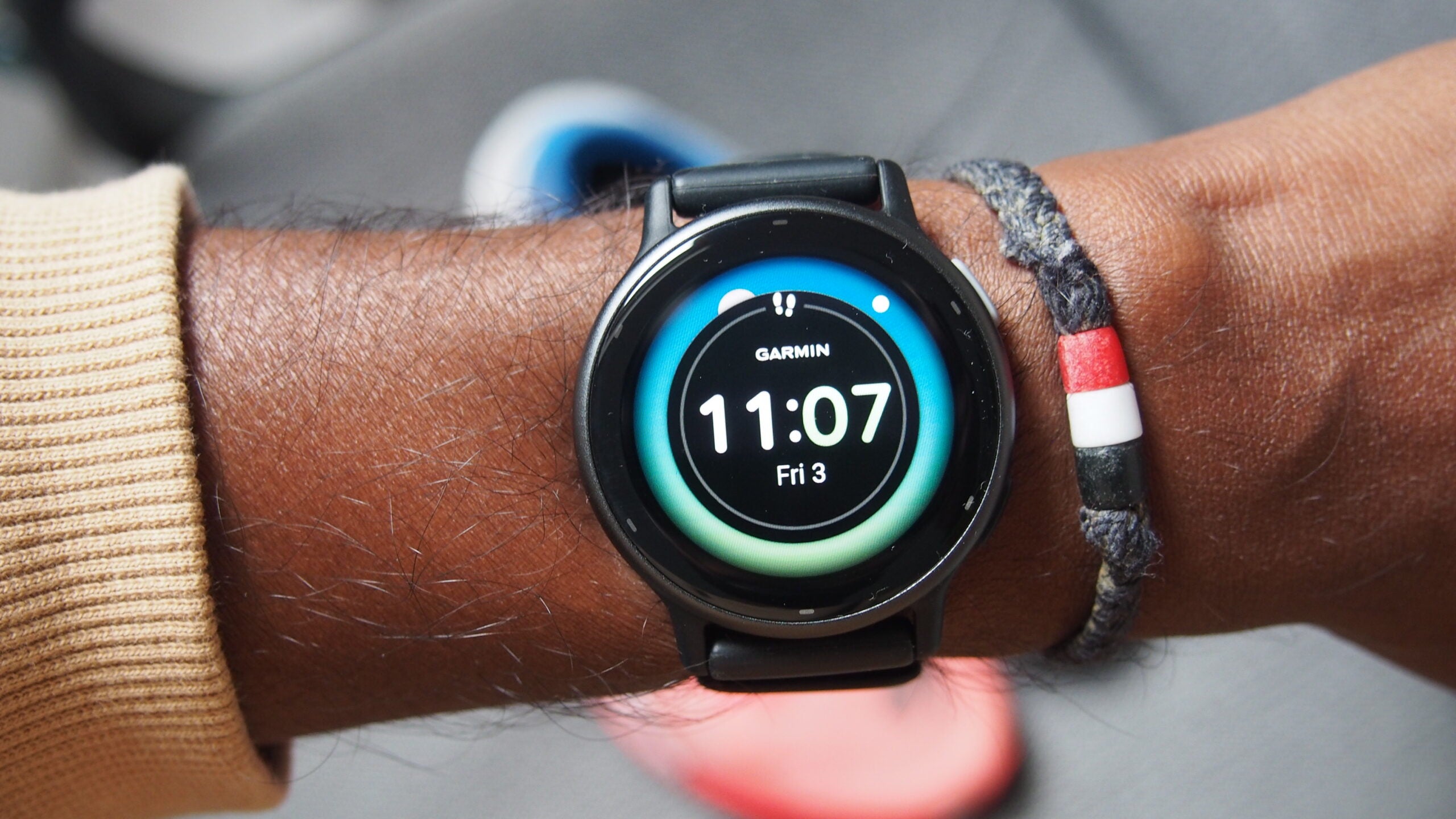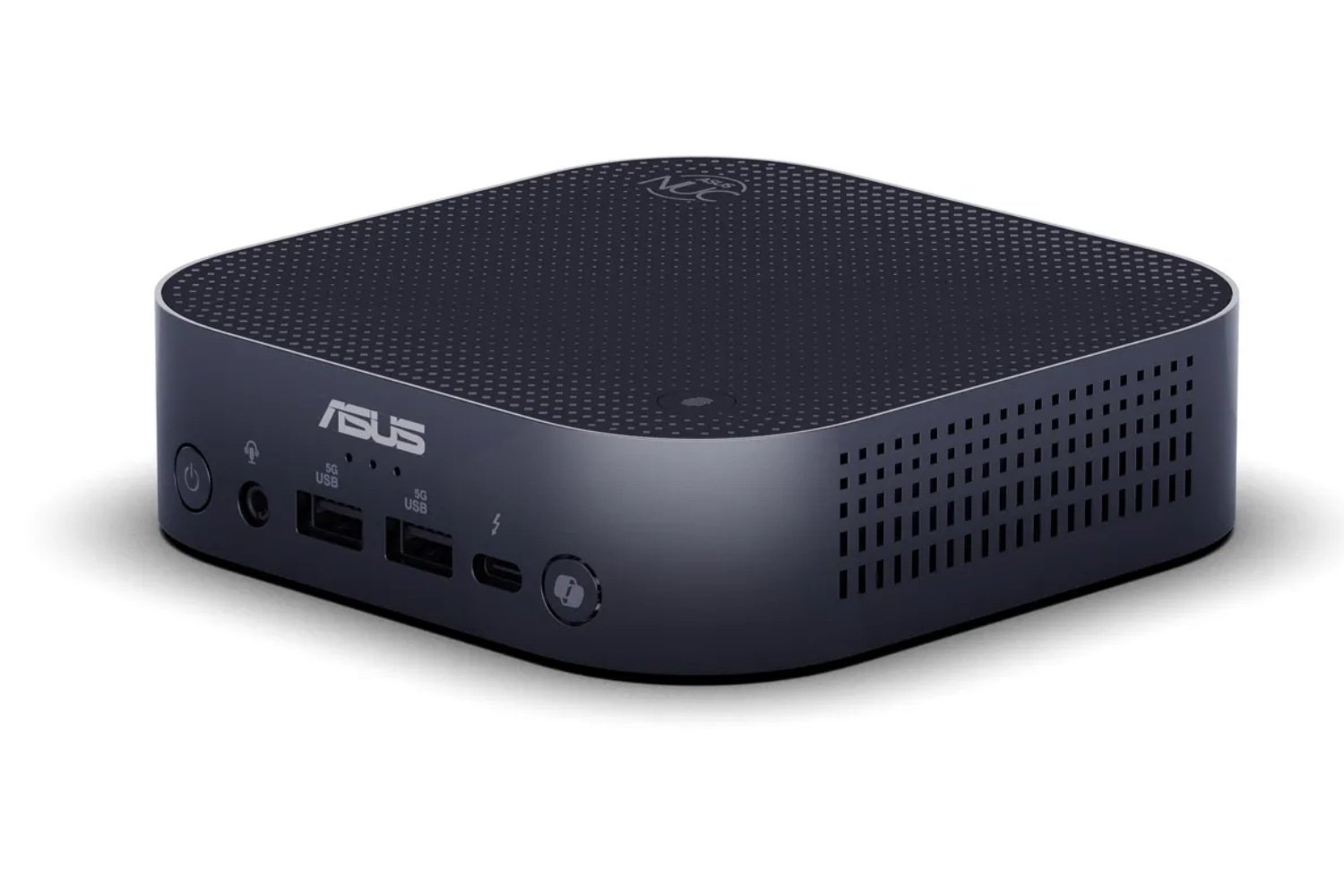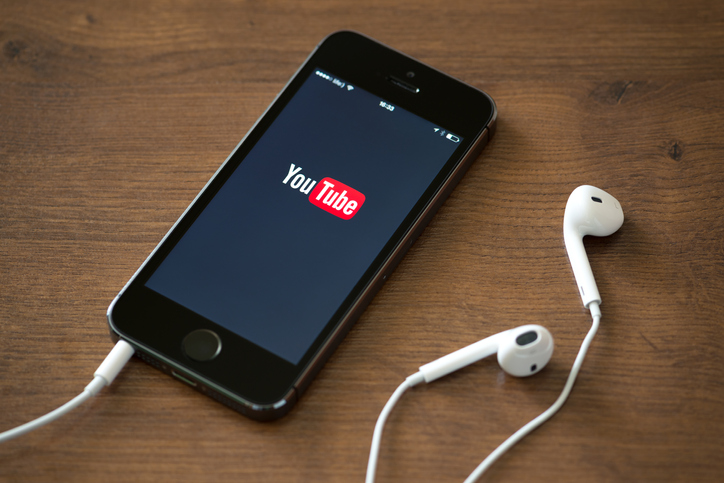All the excitement around artificial intelligence can make it hard to notice all the other exciting progress recently that’s been the result of human intelligence.
Of course, it’s getting harder to say what’s not got some bit of AI or deep learning in it. AI is seeping into everything, including scientific and technological discovery, with impacts that we didn’t expect. The tendencies of generative AI to hallucinate and defy explanation are already turning out to be a powerful fuel for researchers. See, for instance, DeepMind’s AlphaFold, now predicting not just protein structures but also how they interact with DNA, RNA, and small molecules; this year the software helped three of its creators win the Nobel Prize in Chemistry. The Physics prize went to Geoffrey Hinton, sometimes called the godfather of modern AI, and John Hopfield, for “foundational discoveries and inventions that enable machine learning with artificial neural networks.” The number of peer-reviewed papers using AI is on the rise, and those that use AI methods are more likely to be among the most cited. AI is eating science.
And maybe it arrives at just the right time, because some argue that science and technology aren’t yielding the advances they used to. As AI research draws attention and unprecedented sums of cash, largely in private US labs, the US’s dominance in science in general appears to be slowing. In an address in June, National Academy of Sciences President Marcia McNutt noted that the US has a declining share of the most cited science papers, and the rate at which new drugs and technologies hit the market has flatlined over the past several decades. This is on top of sharply declining math scores. What technological advantage the US has is largely thanks to its legions of visiting foreign workers and students.
“We literally couldn’t fill our STEM jobs if it were not for these foreign students coming and staying in the US,” said McNutt. No wonder some of Trump’s biggest backers, especially people like Elon, are worried about his immigration policies, which previously made it harder for even high-skilled foreigners to come to the US.
The US still leads in terms of published research and public funding for it. But China is about to outpace the US on both counts. China currently files more patents than the US and now hosts more than a quarter of the world’s clinical trials.
That we’re even comparing reflects a new paradigm in science, too. For decades, global scientific collaboration wasn’t just handy for thawing tensions during the Cold War, but for tackling increasingly complex problems that know no borders and require ever-bigger equipment—think the LHC or the ITER fusion project—the kind that no one country can afford.
Lately, much of that scientific amity has been swallowed by distrust, where progress is increasingly measured instead by economic and military power. “Crushing your adversary” may be a good motivator for engineering progress, especially when it comes to weapons (and there’s been a lot of that lately.) But what other kinds of progress is lost by that logic?










